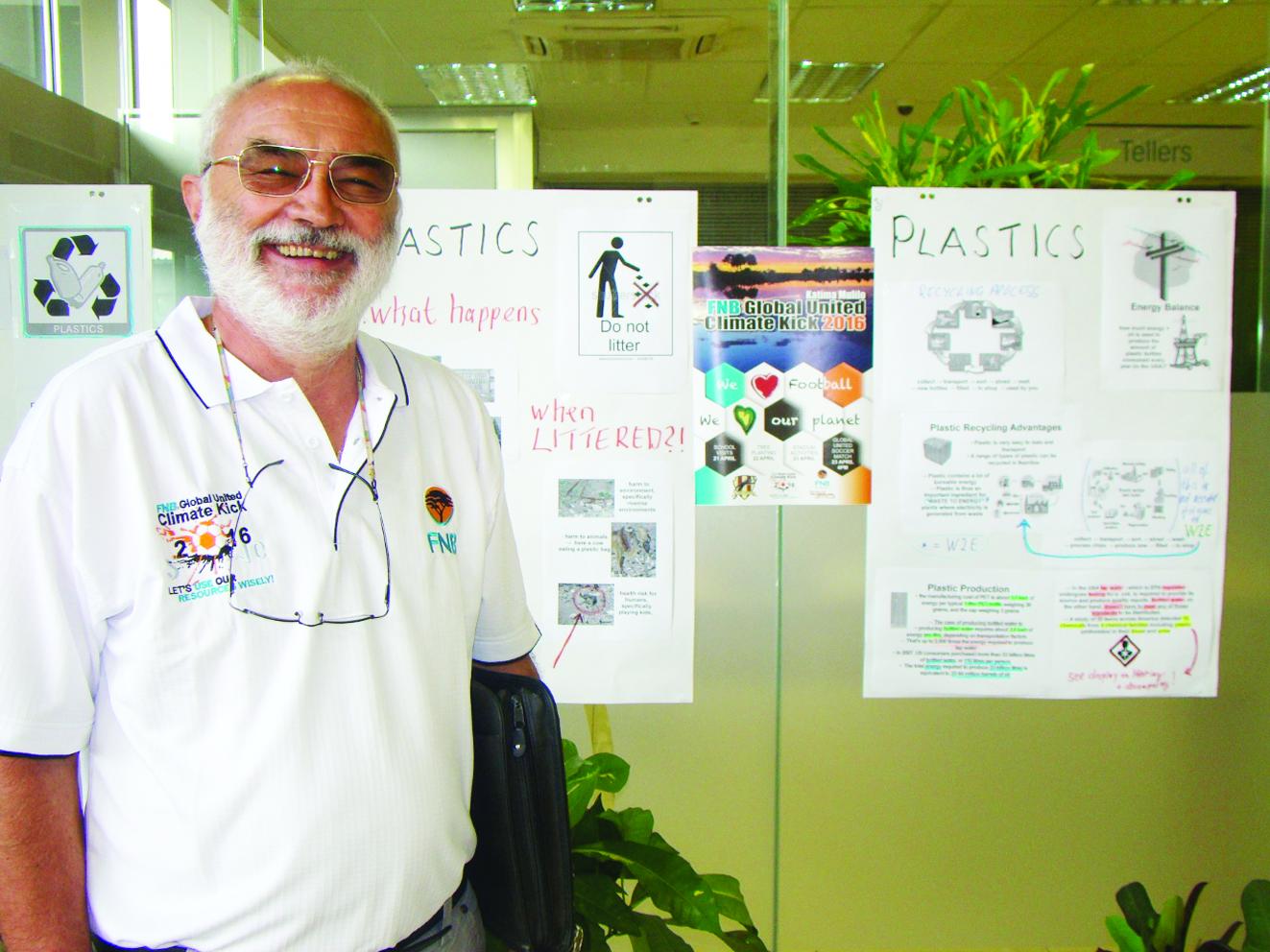
Environment ministry looks to rid national parks of plastics

By Natasha Jacha
The Ministry of Environment and Tourism announced this week it will develop, implement and enforce a set of new regulations to restrict or even ban the use of plastic bags in Namibia’s national parks. This comes after ministry officials have finally noticed what a major source of pollution plastic bags have become, especially where there are settlements in promulgated conservation areas.
The statement came from the ministry in response to the issue of plastic pollution in national parks for which the ministry confirmed that an amendment to the Regulation relating to the Nature Conservation Ordinance, 1974 (4 of 1875), was approved and gazetted in 2017.
The Ministry of Environment spokesperson, Romeo Muyunda in a statement said that the regulations are not yet being implemented as the ministry is still putting measures and systems in place before full implementation.
According to Muyunda such systems and measures include among others, the provision of waste/plastics disposal bins and proper signage at each park entry gate to inform visitors, residents and tourists accordingly. Such modalities and an implementation plan will be communicated by the ministry very soon.
“The intention is to ensure parks are clean and free of plastic bags considering their harmful nature to our wildlife and the environment. As the line ministry it is our view that all types of litter negatively affect the pristine nature of the environment,” he added.
According to Muyunda plastic bags warrant particular attention and regulatory measures to curb their use.
“This is mainly because of their prevalence, visibility, durability and the harmful effects they have on our wildlife, humans, livestock, aquatic life and the broader environment,” he added.












































